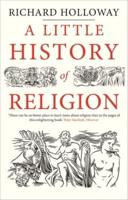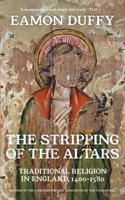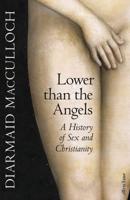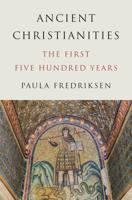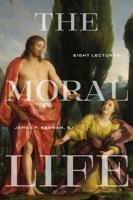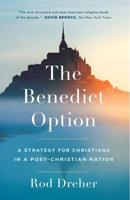Publisher's Synopsis
Aristotle, Oedipus, and Greek Religion explores an important religious side to ancient Aristotelianism that has an impact on contemporary philosophical debates. _x000D_ _x000D_ Louis F. Groarke shows how an exegetical perspective open to and respectful of Greek Pagan religion allows readers to discover a remarkably different Aristotle than the one to which we have grown accustomed. _x000D_ _x000D_ To begin with, one must discover what Aristotle (and his school) taught, not by examining isolated passages, but by getting a sense of his philosophy as a whole. One has to make sense of the circumstantial evidence and carefully piece together a coherent technical case for the overall argument._x000D_ _x000D_ In each chapter, Groarke considers another aspect of Aristotelian thought; this is in opposition to mainstream opinion which often describes Aristotle as a secret atheist, an agnostic, or as something akin to a modern-day positivist or a reductionist._x000D_ _x000D_ The author goes on to show that Aristotle valued religious practice on a personal and social level, that his metaphysics are marked by intimations of the divine, that he provides an epistemological space for both science and religion, that his account of Greek tragedy has an inalienable moral and religious side, and that his account of the origins of cognition is not so far removed from religious scripture. _x000D_ _x000D_ Aristotle, Oedipus, and Greek Religion is an analysis of universal themes from the viewpoint of an enormously influential ancient thinker, and an adventure into the history of ideas.

